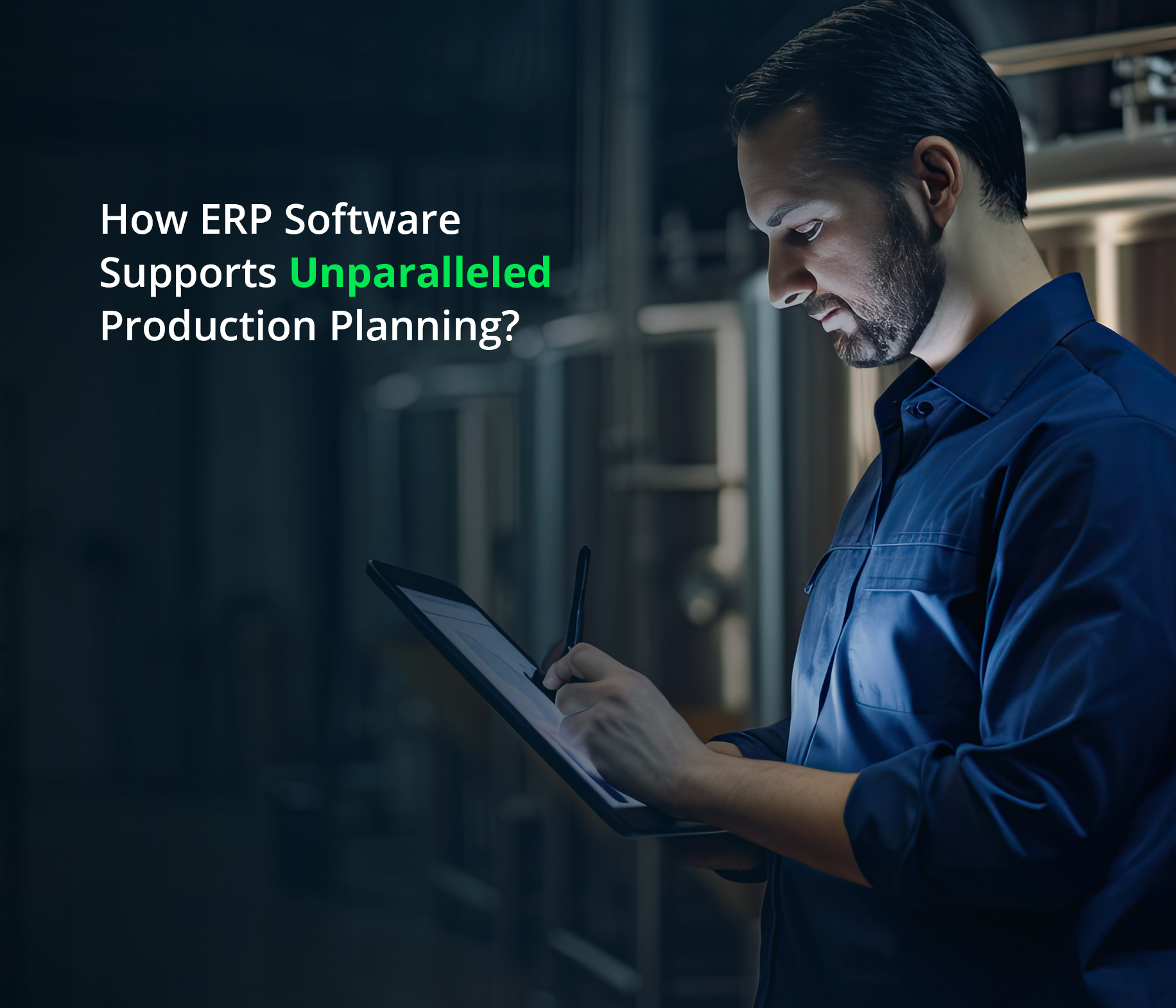Patient information management
At the heart of any healthcare organization is the management of patient information. A robust healthcare ERP system should include comprehensive patient information management features that enable efficient capturing, storage, and retrieval of patient data. This includes demographics, medical histories, treatment plans, and test results. Having quick and easy access to accurate patient information is crucial for healthcare professionals to make informed decisions and deliver personalized care.
Integration with medical billing software/h3>
Effective financial management is vital for healthcare organizations. Integration with medical billing software allows for seamless billing processes, including patient invoicing, insurance claims processing, and payment management. A healthcare ERP system should seamlessly integrate with billing software to ensure accurate and timely financial transactions, reducing errors and improving revenue management.
Cloud-based ERP software
Cloud-based ERP software has emerged as a game-changer for healthcare organizations. The scalability, flexibility, and cost-efficiency of cloud-based solutions make them an ideal choice for hospitals. Cloud-based healthcare ERP software provides secure access to patient data and operational information from anywhere at any time. It eliminates the need for on-site infrastructure, reduces maintenance costs, and ensures data security and compliance.

Supply chain management
Efficient supply chain management is critical for hospitals to ensure the availability of medical supplies, control costs, and streamline procurement processes. A comprehensive healthcare ERP system should include features such as inventory management, demand forecasting, vendor management, and purchase order tracking. These features enable hospitals to optimize their supply chain, reduce stockouts, minimize wastage, and ensure timely availability of critical resources.
Reporting and analytics
Data-driven decision-making is a key driver of success in healthcare. A healthcare ERP system should offer robust reporting and analytics capabilities, allowing hospitals to monitor performance, identify trends, and gain insights into key metrics. Advanced reporting features, customizable dashboards, and real-time analytics enable healthcare organizations to track patient outcomes, resource utilization, financial metrics, and operational efficiency. This empowers decision-makers to make informed choices and drive continuous improvement.
Regulatory compliance
Compliance with healthcare regulations is of utmost importance for hospitals. A healthcare ERP system should provide features that ensure adherence to relevant regulations and standards. This includes data privacy controls, security measures, audit trails, and compliance reporting. By incorporating these features, hospitals can ensure the confidentiality, integrity, and availability of patient data, while also avoiding legal and regulatory penalties.
Interoperability
Interoperability is a critical feature in healthcare ERP systems as it facilitates seamless data exchange and communication between different healthcare systems and stakeholders. Interoperable ERP systems enable secure sharing of patient information, test results, and medical records across various departments, laboratories, and healthcare providers. This promotes care coordination, reduces redundancies, and enhances patient safety and satisfaction.
In conclusion, healthcare ERP software with these seven must-have features can significantly streamline hospital operations, improve patient care, and drive efficiency and cost-effectiveness. By adopting the right healthcare ERP system, hospitals can enhance their capabilities, optimize resource utilization, and deliver exceptional healthcare services to their patients.






